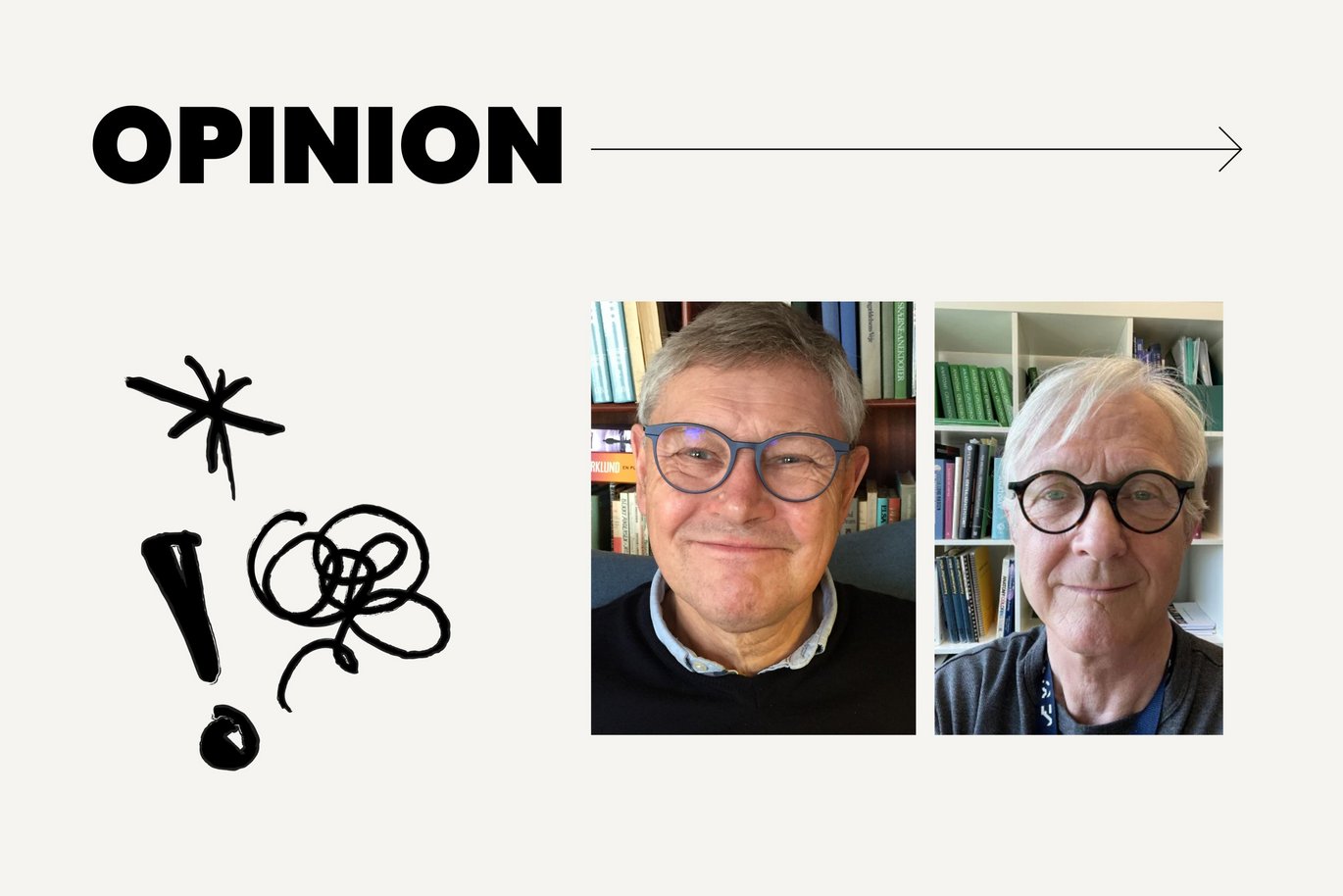OPINION: Bachelor's projects written using AI should have an oral defence
When the university allows the use of AI for exams, it should also ensure that assessors have a real opportunity to assess the extent to which the answer is based on the student's independent work. Therefore, it is unfortunate that oral defence is being abolished, writes associate professor of dentistry Henrik Løvschall and dentist (Dr.odont.) Bjarne Klausen, supervisor and co-examiner in the dental education.

This is an opinion piece, the views expressed in the column are the writer’s own.
For dental students, obtaining the bachelor's degree last year required an oral exam. This is now history. The oral examination has been abolished, which is a problem because students are now also allowed to use generative artificial intelligence (GAI) for exams, which places demands on the students’ skills and reflection.
AU allows the use of GAI during exams
Aarhus University has allowed the use of GAI in exams from autumn 2024. Pro-rector Berit Eika and Vice-dean of Arts Niels Lehmann wrote in an opinion piece published in the Altinget in 2023:
"The concern about AI is usually related to the perception that, for example, ChatGPT is something that allows students to cut corners. For example, by getting it to write their exam paper. It’s a very real concern, which is basically about society being able to trust that students have mastered what they need to when we issue a diploma."
They continue:
“(...) AI should be viewed as something to be built into the hurdle students have to overcome as part of their education.”
We agree. Therefore, we believe it’s a good idea to retain the oral defence of bachelor’s projects as an important element. Especially when using generative AI.
GAI presents new challenges
It is a problem that no tools can reveal how much GAI the individual student has used. Of course, students must declare their use of GAI for exams. However, some students may be concerned about declaring use of GAI, as they fear that it may be considered cheating. Others may not accept offers of meetings and guidance to use GAI on their own for their assignments.
When you, as a co-examiner and supervisor, don’t know for sure how much GAI the students have used, it’s difficult to fairly assess each individual's contribution to a written submission. Firstly, it is impossible to assess how much GAI has contributed to the excellent results. Secondly, it is difficult to distinguish each participant’s individual contribution to the overall result and thereby assign different grades.
Students must demonstrate their knowledge and insight
This could have been countered by retaining the oral exam. The oral defence is precisely an opportunity to accurately assess a student’s contribution in a bachelor’s project containing GAI content.
Although you can prepare an oral presentation using GAI, a 20-30 minute dialogue will reveal how much the individual student understands of the topic. Oral exams provide an opportunity to assess whether the student truly understands their topic and can explain how GAI has influenced their work. This ensures that they not only submit an assignment, but can also demonstrate their knowledge and insight.
If we let GAI take over the learning processes, we risk becoming passive participants in our own development. We must maintain the use of oral exams where students using GAI can demonstrate their skills individually. This will promote learning and ensure that the education programs remain relevant and adapted to future requirements.
Henrik Løvschall is an examiner and supervisor, associate professor, PhD, dentist at the Department of Dentistry and Oral Health at Aarhus University.
Bjarne Klausen is a co-examiner, lic. et dr.odont., dentist.
This text is machine translated and post-edited by Cecillia Jensen

